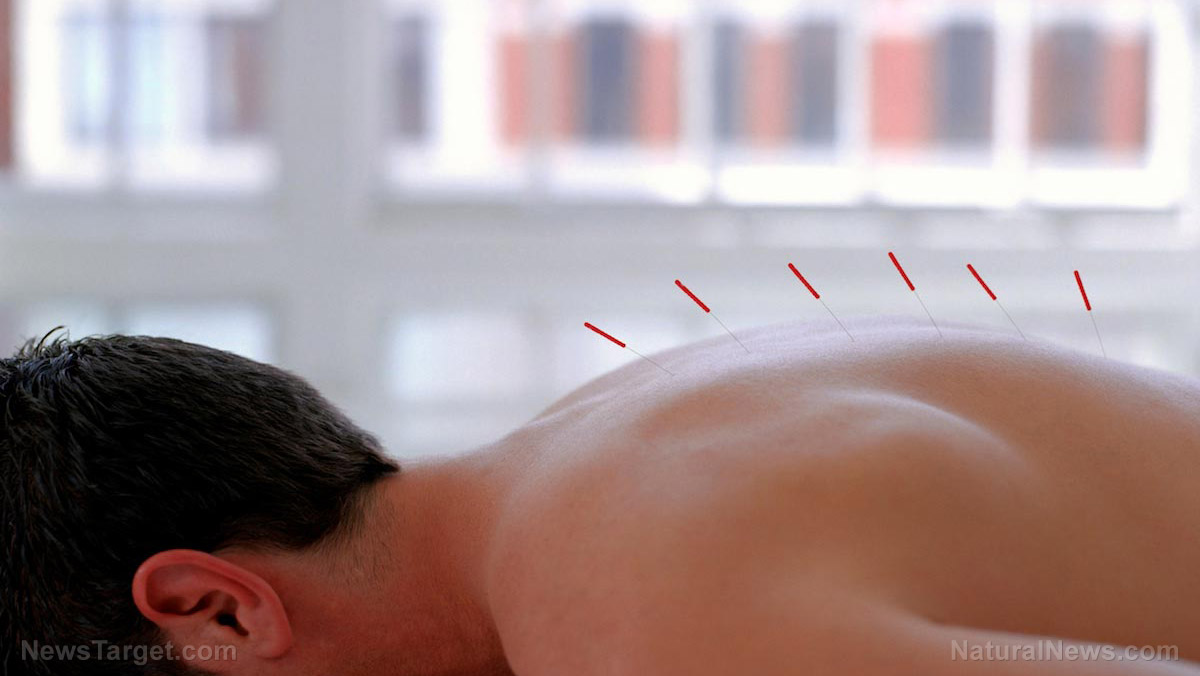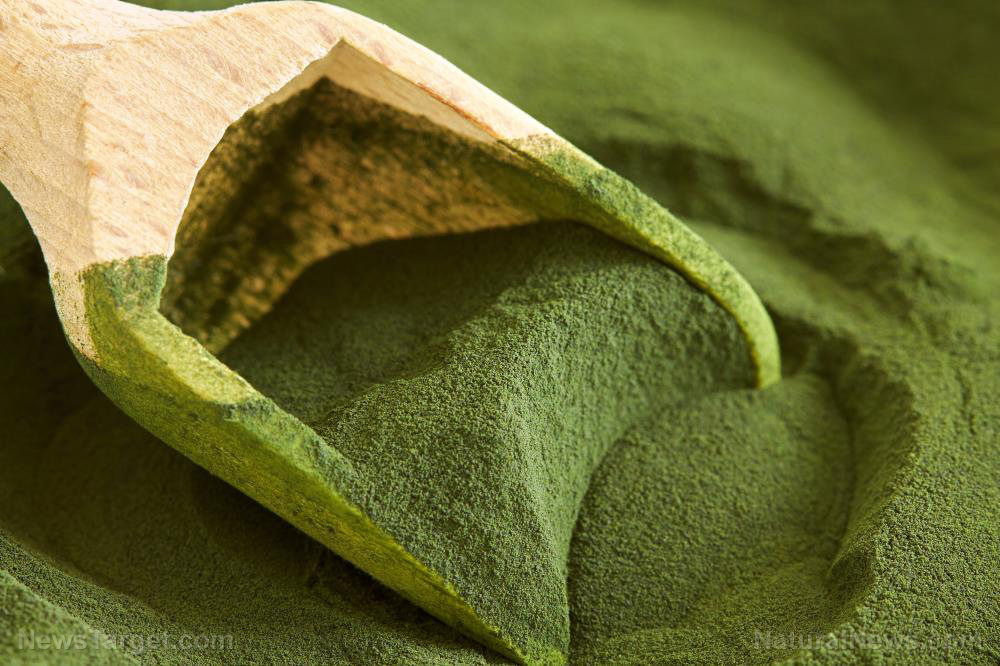Acupuncture is an effective treatment for headaches associated with traumatic brain injury: Study
12/21/2018 / By Carol Anderson

Acupuncture is a widely-known traditional Chinese practice. It’s used by many not just for ensuring the balance of the “chi” but also for addressing various illnesses. In a study published in the Medical Acupuncture Journal, researchers found that the practice can also relieve headaches caused by a traumatic brain injury (TBI).
According to the Centers for Disease and Prevention, TBI accounts for at least 30 percent of injury-related deaths in the U.S. Around 2.8 million suffer from this condition every year, and at least 50,000 of them die.
Moreover, 80 percent of servicemen diagnosed with TBI have reported cases of chronic or recurring headaches. So researchers sought to determine if these headaches can be reduced by two types of acupuncture – auricular acupuncture (AA) and traditional Chinese acupuncture (TCA).
Visiting three military treatments facilities in Washington D.C., teh authors of the study consulted with 43 previously deployed military men suffering from TBI. They were aged between 18 and 69 and have records of mild-to-moderate TBI and headaches.
To ensure the safety and effectiveness of the intervention, the team used acupuncturists with a master’s degree in acupuncture and those who are licensed by affiliated institutes in Maryland or Virginia.
The participants were divided into three groups. The first group received 10 45-minute interventions through AA, while the second one received 10 60-minute sessions of TCA. Meanwhile, the last control group was only provided the usual care (UC) given by healthcare practitioners to TBI sufferers.
For the AA group, participants received between six and nine needle points were assessed every session. As for the TCA group, up to 22 needle points were assessed. These were all dependent on the level of pain the headache brought to each participant.
After the course of six weeks, results showed a decrease in the Headache Impact Test (HIT) among participants who received acupuncture treatments. In comparison to the UC group whose score was at +0.8 percent, the AA group got -10.2 percent while the TCA group scored -4.6 percent.
For the secondary outcome, the only difference observed by the researchers was in the levels of global pain or NRS among the 43 servicemen. Those from the AA and TCA groups showed reduced levels of NRS as compared to the UC group. Furthermore, when AA and TCA were combined, findings showed even greater results for both primary and secondary outcomes.
The researchers concluded that using acupuncture can treat headaches caused by a traumatic brain injury. Moreover, it was found more effective than usual or conventional treatments sufferers receive in medical facilities. (Read: Acupuncture helps relieve headache and back pain, study shows.)
Prevention will always be better than cure
Although the recent finding gives hope to people, it’s still best to take extra care of yourself. According to TraumaticBrainInjury.com, there are ways to prevent from getting injured and these include:
- Wearing a seatbelt whenever riding a motor vehicle.
- Using an appropriate car seat or booster for children.
- Not driving under the influence of alcohol or drugs.
- Wearing a helmet whenever riding open vehicles or participating in contact sports and other dangerous activities.
In case of a head injury, it is vital to remember the following when dealing with the patient:
- Don’t move the person — Wait until medical help arrives. In the meantime, keep the patient still by letting them lie down, with the head and shoulders slightly elevated. Don’t move his/her neck and if there’s a helmet, don’t remove it.
- Stop any bleeding — Put pressure on the wound with a sterile gauze or a clean piece of cloth. However, don’t do this if you suspect a fracture.
- Monitor the person — Check if the patient is in need of CPR.
Read more on different traditional practices at ChineseMedicine.news.
Sources include:
Tagged Under: acupuncture, alternative medicine, auricular acupuncture, brain function, brain health, chronic headache, headache, military men, servicemen, traditional Chinese medicine, traumatic brain injury



















